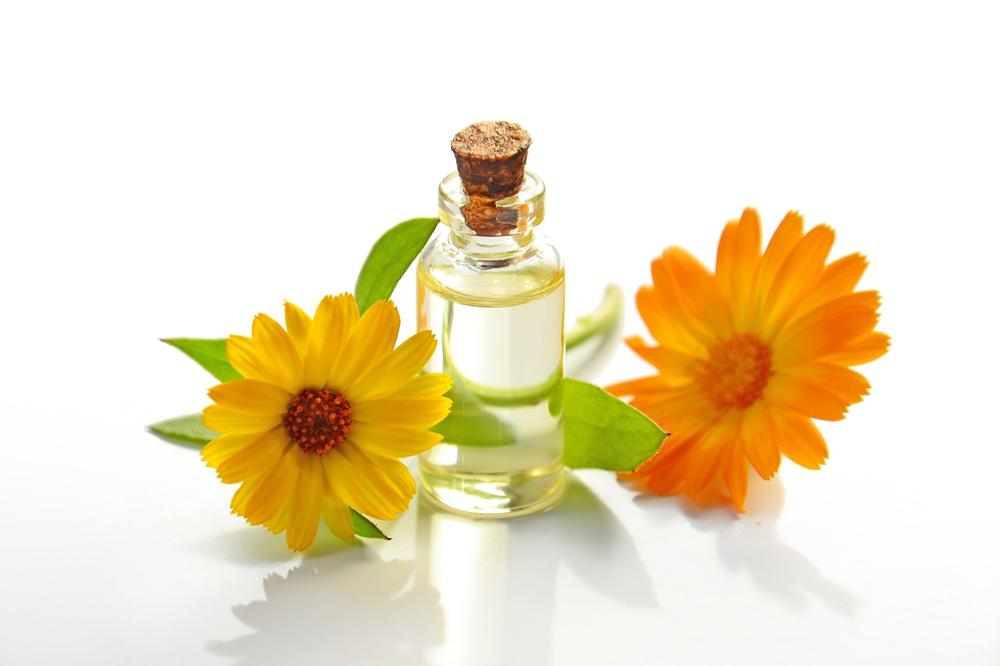Section Branding
Header Content
Keeping Kids Safe Around Essential Oils
Primary Content
Last year, U.S. retail sales of essential oils topped $133 million. That number doesn’t include sales from multi-level marketers, who sell directly to buyers. While the market booms with promises of improved health and pain relief, there are some safety concerns.
Georgia Health News reporting found essential oils contributed to two calls per day on average to the Georgia Poison Center. Those cases usually involved children who are poisoned. Andy Miller of Georgia Health News shared his reporting with On Second Thought host Virginia Prescott. It shows essential oils have health risks, especially for children.
Georgia Health News editor and CEO Andy Miller stopped by On Second Thought to talk about the benefits and risks essential oils pose to Georgians and what parents can do to keep their kids safe. He also talked about Deloitte winning the Medicaid waiver contract for the state of Georgia, as well as Centers for Disease Control and Prevention funding headed to DeKalb County to start an HIV treatment program.
Interview Highlights
On why children are at higher risk around essential oils:
Children have thin skin — that's one thing. Especially very young children — their livers are not mature. So, if an infant newborn rubs up against his or her mom, who is using maybe one of these lotions, they can have a reaction to it. Plus, you have cases — and the Georgia Poison Center points it out — that if these are consumed, if there's a vial laying around and a young child gets into them and tastes it, that could be a serious health problem.
On what precautions parents can take:
I would say just keeping them out of reach of children, just like they would keep a prescription drug out of the reach of a child. And take as directed — and be conscious of if you have a newborn or even if you're a pregnant mom. You should talk to your doctor about, “Should I use this? And could it harm the fetus if I do?”
On Deloitte’s role in the state waiver process:
They will put together two waiver proposals for the federal government. Basically, a waiver is a federal approval to change a particular health program such as Medicaid or the health insurance exchange. Deloitte will develop one for Medicaid and one for the health insurance exchange — and their deadline is basically the end of the year. They have to come up with these proposals and for the state to be able to submit them to the feds by the end of the year.
On why Deloitte won the contract:
I think it was basically their expertise. Deloitte has helped 13 states develop or implement waivers. They work with something like 30 Medicaid programs overall and they have some former state Medicaid directors as consultants. State Georgia officials who I talked to said experience was probably the number one factor that got them the bid.
On why DeKalb county was selected to be a test site for the HIV treatment program:
I have to believe one of the reasons is because the CDC headquarters is based here, but another is that Georgia has a very high rate of new HIV infections — as either the leading state or number two. Metro Atlanta is the number three metro area in terms of new HIV infections. So, this is a real hotspot and in a real good target area for this pilot program.
Get in touch with us.
Twitter: @OSTTalk
Facebook: OnSecondThought
Email: OnSecondThought@gpb.org
Phone: 404-500-9457



